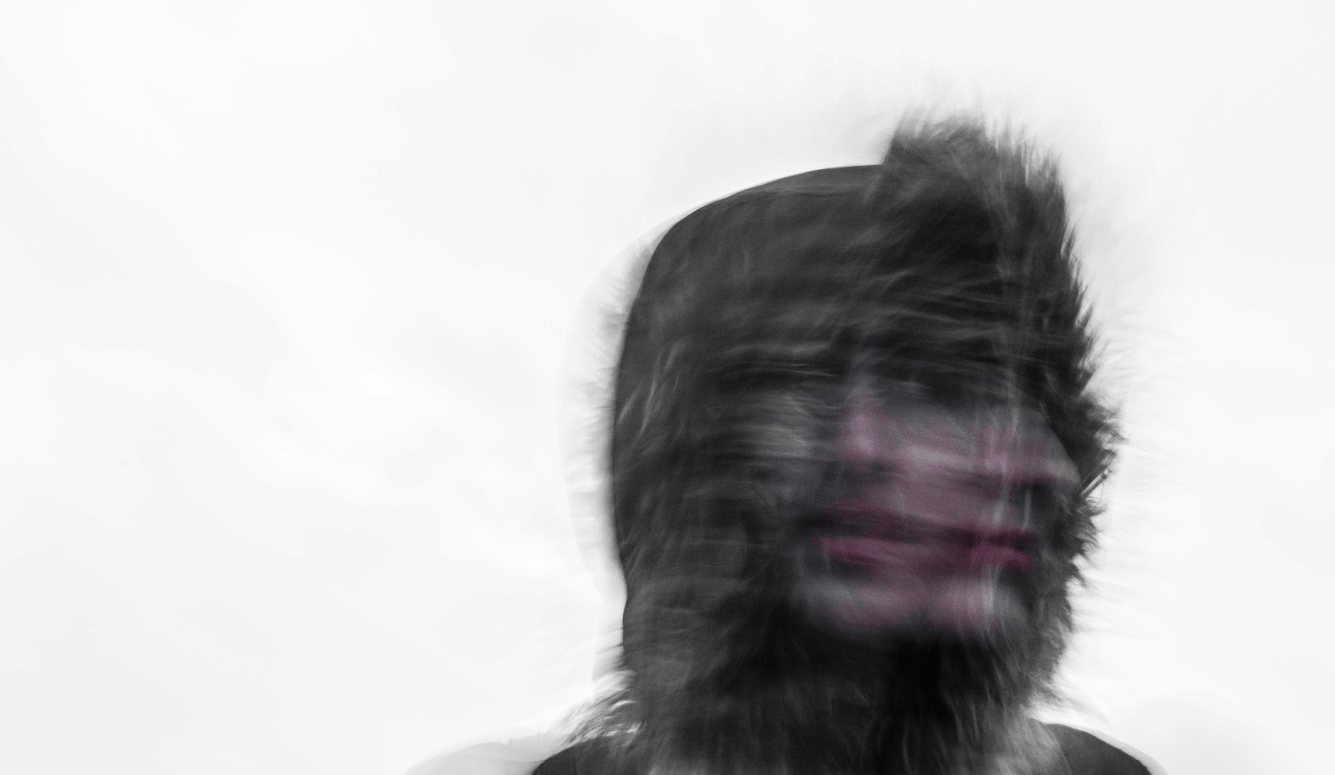Science / Tech
The Psychologisation Pandemic
Denial of “invisible” suffering is bad science and worse ethics.

They seem to have the idea that millions of people around the world want nothing more in life than to lie in bed and fulfill their “sick role” and that they don’t want to get better. It’s kind of an extraordinary notion.
~public-health journalist David Tuller
I.
In recent years, I’ve grown weary of a certain style of cultural criticism that’s come into vogue, especially online since the onset of the COVID-19 pandemic. It goes something like this:
There is a tendency today for otherwise normal and healthy (and very often privileged) young people to dramatise their pain and problems and pathologies online for attention and sympathy and status. This behaviour is culturally rewarded by peers and parents and prestigious institutions and platforms, thereby exaggerating their weakness and victimhood. People are diagnosing themselves with various mental or physical disorders they may or may not actually have, and defining themselves by their disabilities and diseases in pursuit of a sense of purpose and specialness and belonging, ultimately putting more stock in their vulnerability to life’s forces than their resilience in the face of them. The long-term consequence is that we’re raising a generation that’s uniquely fragile and incapable of dealing with reality. The kids are not all right.
There are many themes at work in that paraphrased summary—political correctness, culture-war imperatives, modern liberalism, the intersection of our collective mental health and the ever-expanding digital space. But the real target of the kids are not all right critique is a popular kind of therapeutic culture found online and in the real world. This culture, we are told, is driven mostly by social-media discourse and risk-averse parenting, and it is characterised by an unrelenting emphasis on emotional safety. Every painful feeling or experience is presumed to be a sign of some larger social or medical issue and difficult realities are rearranged to soothe and affirm the self and alleviate personal agency and responsibility.
But is it actually true that people are genuinely rewarded for their suffering and benefit from victimhood? Is it true that having a disability or illness comes with some sort of social advantage that outweighs the handicap? That weakness and incompetence are more prized in our culture than strength and capability, or that we prefer bleak stories of failure and defeat to uplifting narratives of success and victory?





